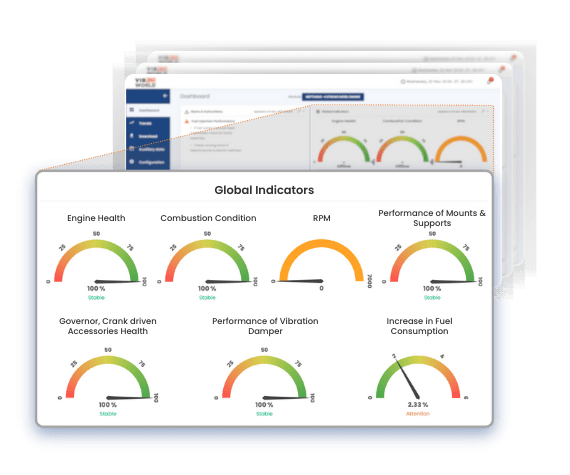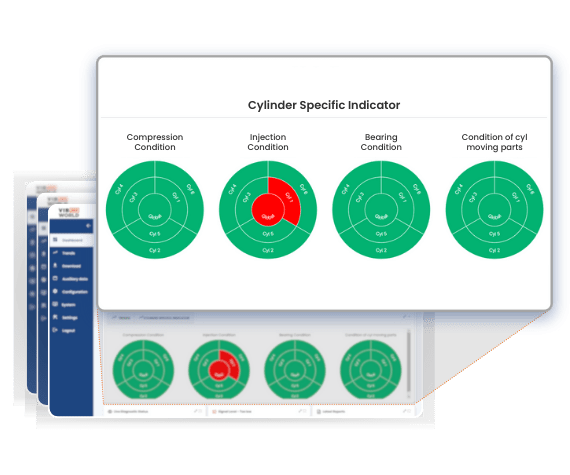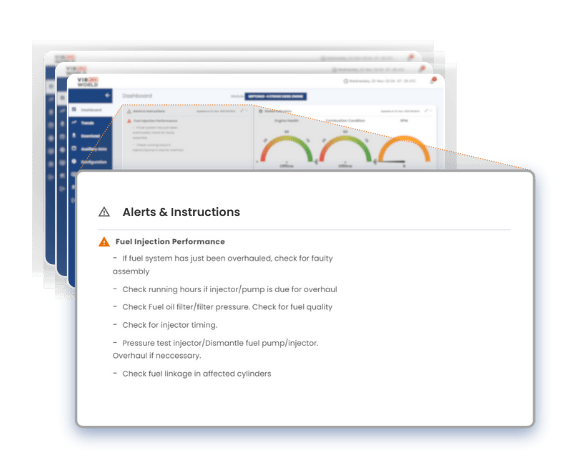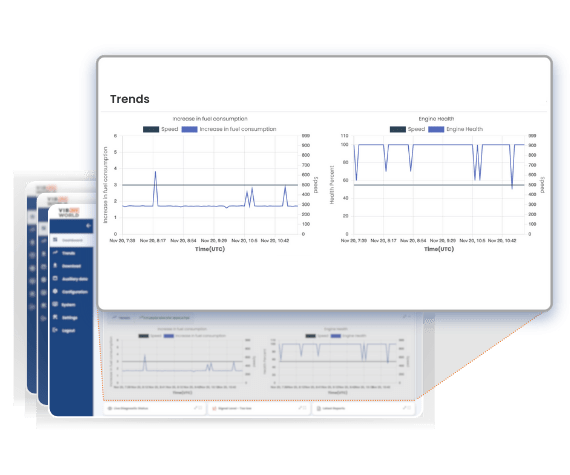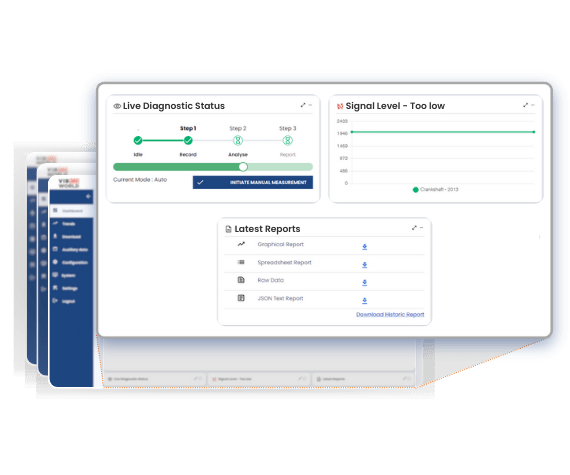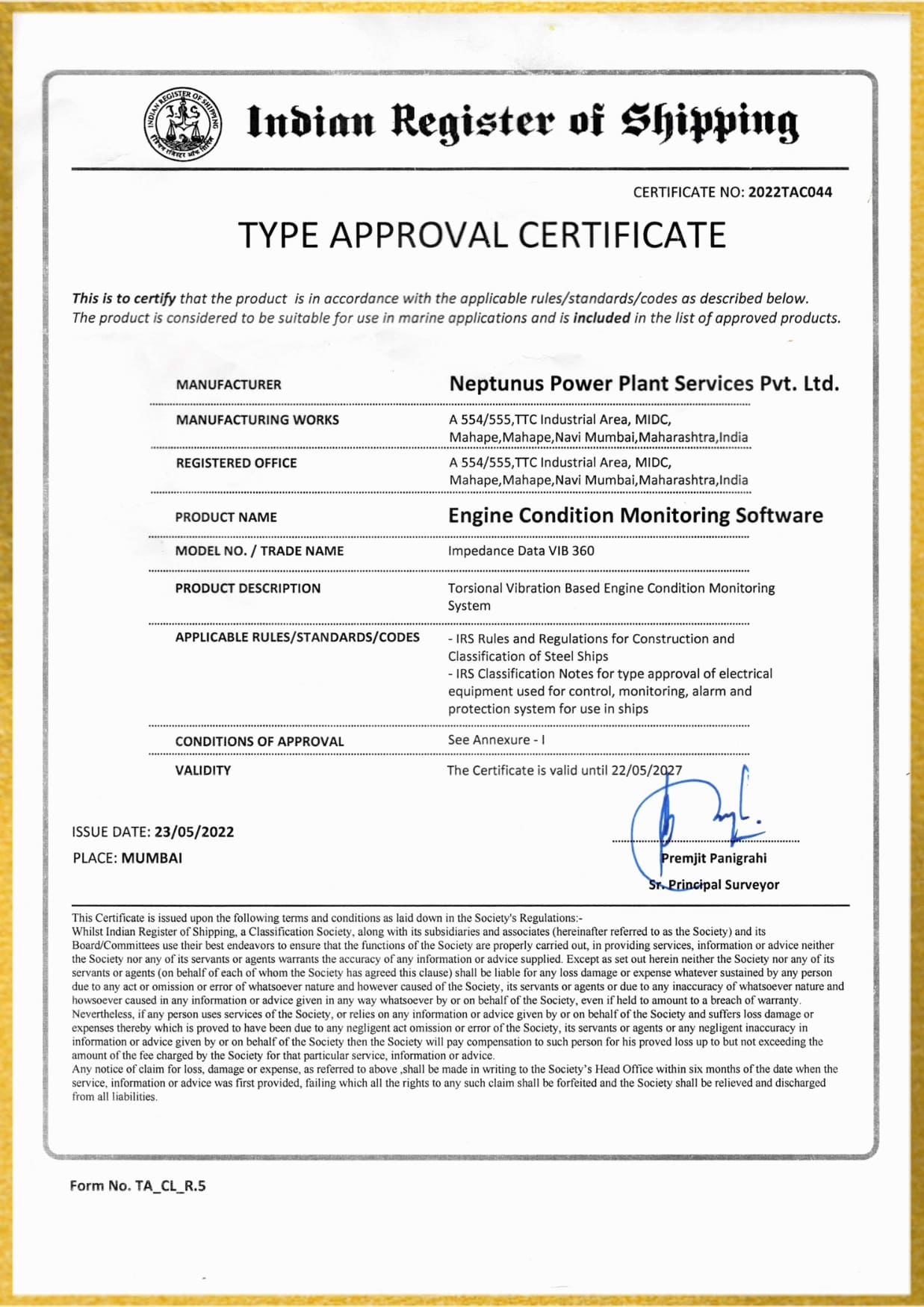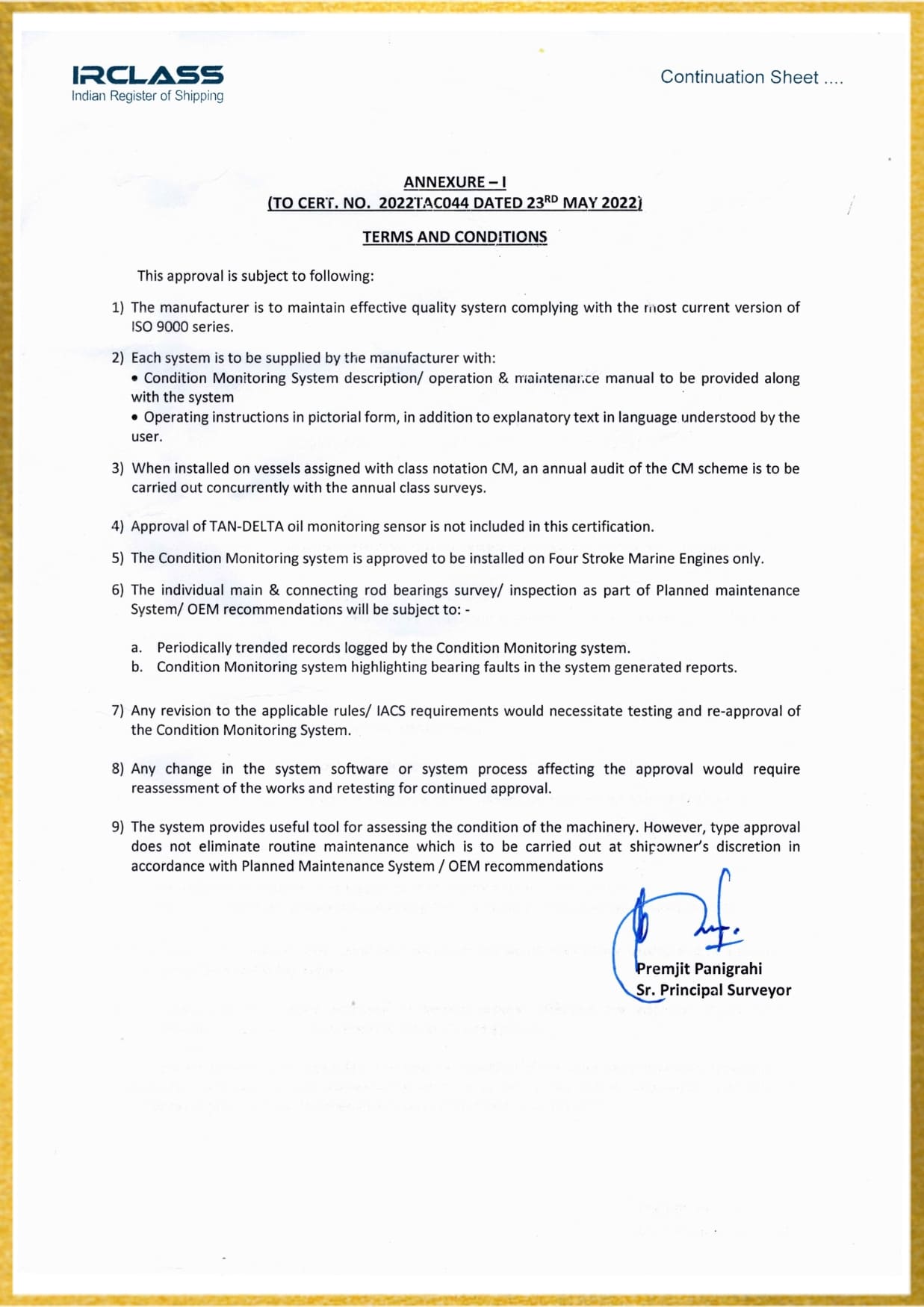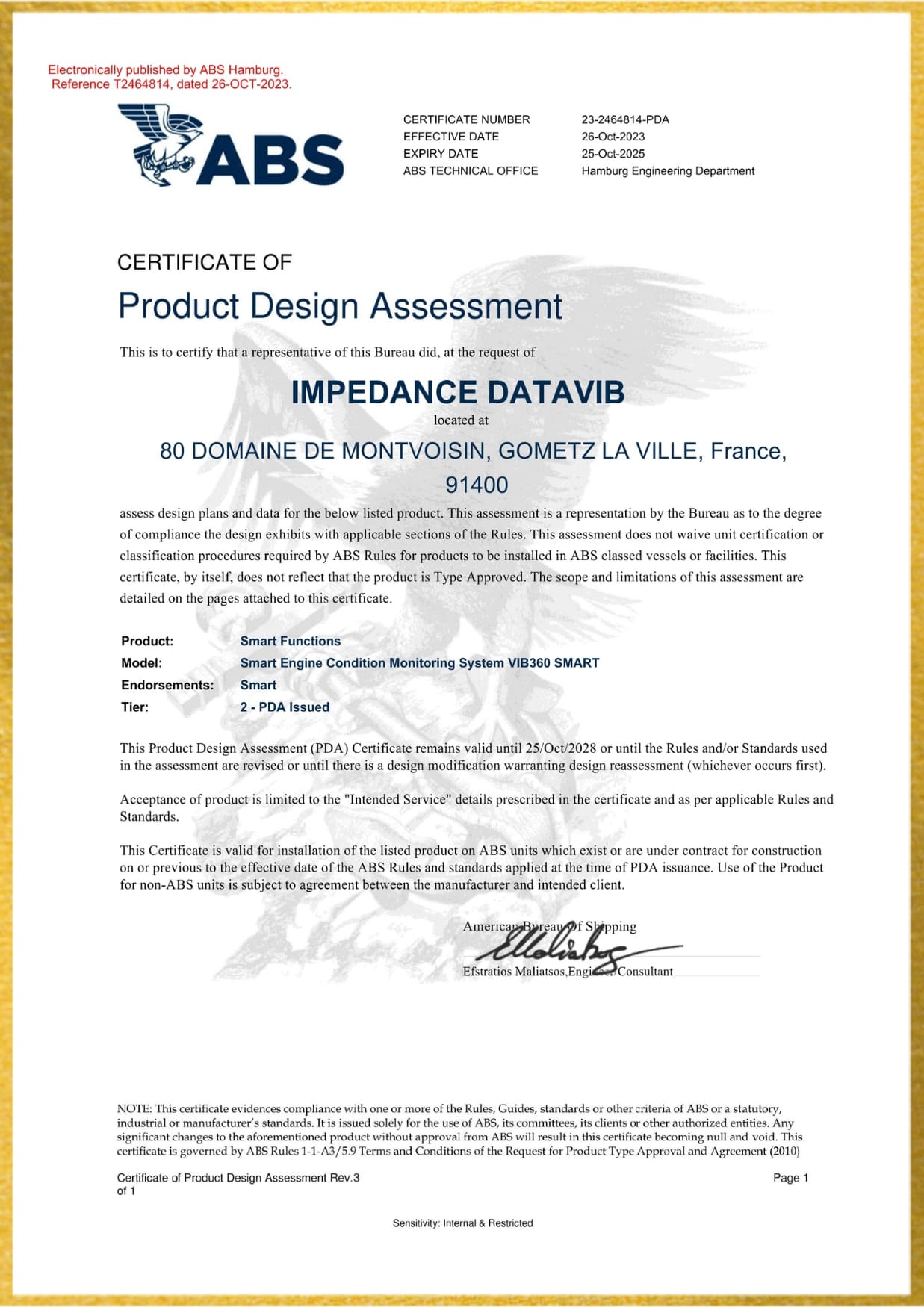ENGINE CONDITION
MONITORING
SYSTEM
Engine Condition Monitoring System based on Torsional Vibration by Neptunus
How does ECMS work?
Interested to know more?
Get on a Call with Our Expert for a detailed walkthrough of the Technology
What sets it apart from it's Competitors?
Class-Certified by ABS and IRS
Pin-Point Cylinder Level Faults at the very Nascent Stage
Works for Engines of any Brand or Model
Requires only a Single, Non-Invasive Sensor
In-situ (Customer Environment) as well as Remote Monitoring are Available
Integrate Data from other sources into a single platform
How does it help you?
Avoid unplanned Shutdowns and Breakdowns
Shift to Condition-Based Maintenance from Scheduled Maintenance
Achieve Significant Savings in Lifecycle Costs
Reduce the Carbon Footprint
Overcome the Logistical challenges of Procuring Spare Parts and Skilled Manpower
Take Independent decisions without the need for a Certified Expert
Interested to know more?
Get on a Call with Our Expert for a detailed walkthrough of the Technology
Insights from our System
1. Global Indicators
Engine Health: Indicates the overall health of the engine in percentage
Combustion condition: Indicates Combustion Condition
Engine RPM
Performance of Mounts & Supports
Governor, Crank driven Accessories Health
Performance of the vibration of Damper
Increase in Fuel consumption
2. Cylinder Specific Indicators
3. Alerts & Instructions
Red Triangle: Indicates exercising caution and watching related engine operation closely (pre-alert conditions).
Red Circle: Indicates the alert condition. You may need to understand the operating condition better if you need minor intervention or troubleshooting if the trend/engine dynamic behavior persists irrespective of load conditions.
5. Live Diagnostic Status
6. Signal Status
7. Latest Reports
Our Engine Condition Monitoring System is Type-Approved by IRS & ABS
Asset owner can follow more effective condition-based maintenance rather than OEM recommended time-based maintenance
The IRS-approved system helps in extending the major overhauls
The solution can guide to do minor overhauls to avoid catastrophic failure and to increase fuel efficiency
Assets monitored with a class-approved system has a good resale value
Interested to know more?
Get on a Call with Our Expert for a detailed walkthrough of the Technology
Applications of Neptunus' Condition Monitoring System
For assets like engines and gas turbines, Neptunus’ cutting-edge Condition Monitoring the marine engine monitoring system, and the Gas Turbine Vibration Monitoring, are crucial because they maximise maintenance scope, spot issues early, and provide condition insights.
Remote Condition Monitoring plays a pivotal role in ensuring these benefits by allowing continuous oversight and early detection of faults. In the age of sustainability, Oil Quality Management has emerged as a critical component of asset dependability management programs due to its vital function in extending asset life. kidney Loop Oil Filtration and Oil Condition Monitoring are combined in the Oil Quality Management Solution for optimal lubrication performance. By monitoring the quality of the oil they use, organisations may further improve the operation of their equipment.
